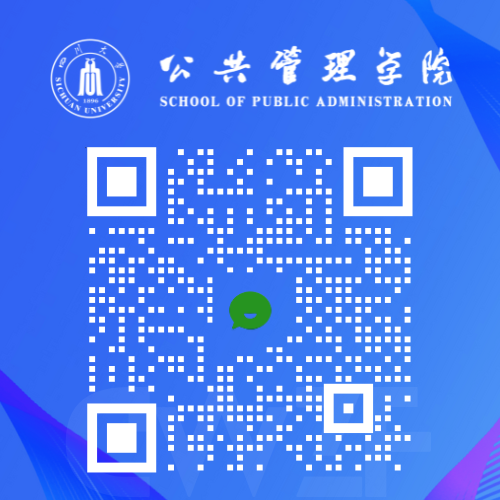摘要:Cultivating innovative talents in the humanities and social sciences is a pivotal element in the development of high-level innovative talents with a direct impact on a nation's superstructure and economy. Nevertheless, this area has often been a weak link in the talent market. In response to this challenge, Chinese universities have initiated the "New Humanities and Social Sciences" reform, emphasizing interdisciplinary education to nurture high-quality talents. However, the impact of interdisciplinary education within this context on the creativity of humanities and social science students, along with the intricate underlying mechanisms, remains a question yet to be fully answered. To address these issues, using survey data from 184 students majoring in humanities and social sciences in Sichuan Province of China, we employed structural equation modeling to explore the impact of interdisciplinary education on the creativity of humanities and social science students, the moderating effect of metacognitive awareness and the mediating role of knowledge integration ability. The research findings unequivocally affirm the significantly positive influence of interdisciplinary education on the creativity of humanities and social science students. Knowledge integration ability mediates the relationship between interdisciplinary education and creativity. Furthermore, metacognitive awareness plays a moderating role in the relationship between knowledge integration ability and creativity.
关键词:Humanities and social science students; Interdisciplinary education; Creativity; Knowledge integration ability; Metacognitive awareness; New liberal arts
【本文第一作者为四川大学公共管理学院教授,博士生导师。研究方向为科技创新与智能/数字治理;公共政策与低碳治理;公共部门人力资源管理等。】



